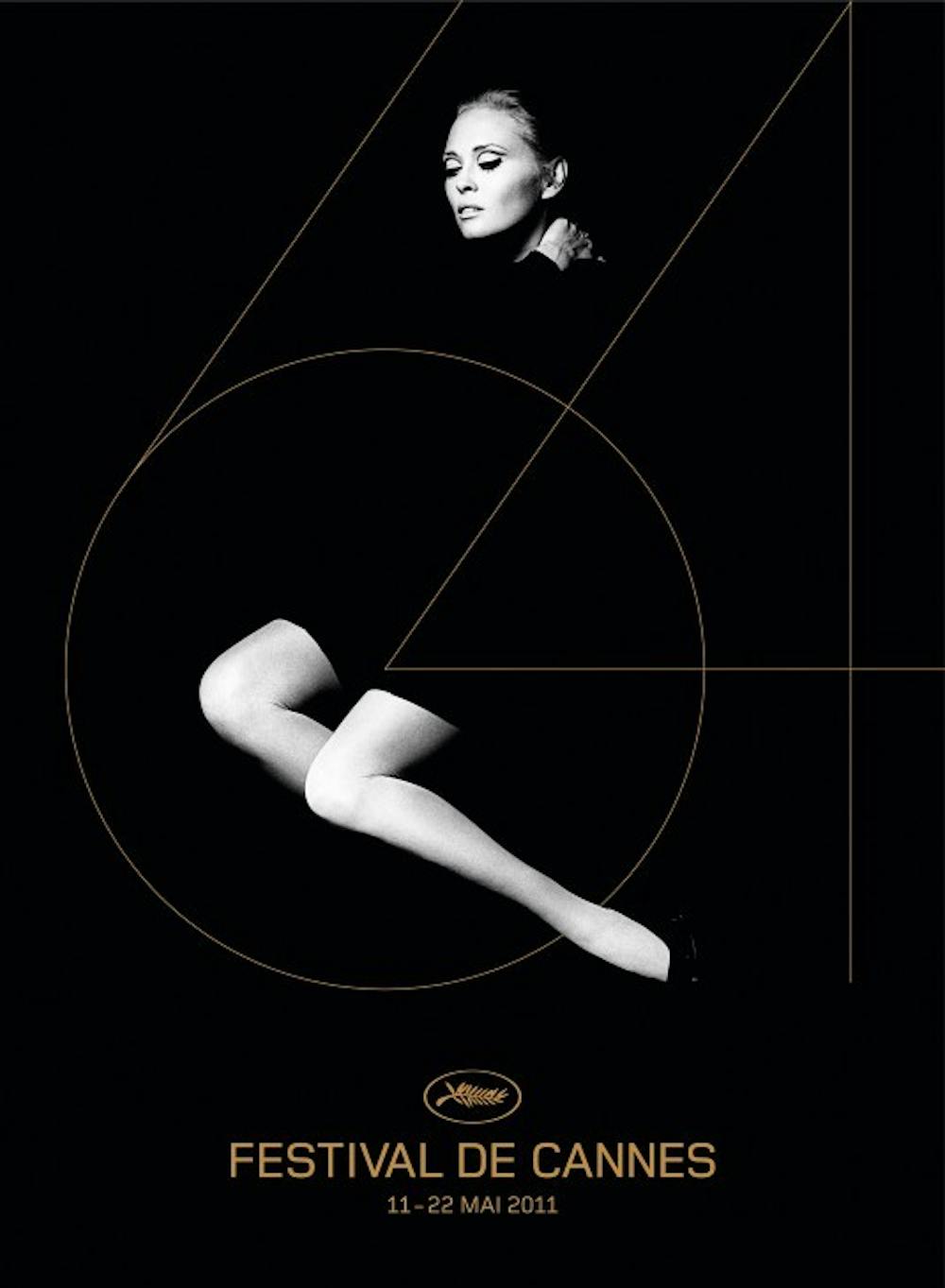As if you needed another reason to be jealous of your Cinema Studies major–ing friends who jetted off to France this for the Cannes International Film Festival, this year proved to be one of those years where you just had to have been there. Street takes a look at some of the high(and low)lights of the festival’s controversy–charged 64th foray.
Even among the festival’s most decorated films, there seemed to be few works that had the entire audience clapping by the credits. The Tree of Life, the 1950’s impressionist period piece from the reclusive auteur Terrence Malick, may have taken home the Palme d’Or – but that hardly means the decision was without dispute.
The film was a hit among those who valued Malick’s drifting, reflective narrative style and painterly direction of lush imagery. But cries of discontent – sometimes unabashed boos – arose from viewers who couldn’t get past the film’s slow pacing and lack of a conventionally direct storyline.
Also receiving mixed reviews was Lars von Trier’s Melancholia, which juxtaposes dual storylines of a doomed wedding of two mismatched lovers, and the ultimate end of a meaningless universe. Though most agreed the film boasts a spellbinding performance by Kirsten Dunst as the lead melancholic bride, it was tough for many viewers to get past the fatalistic musings of von Trier’s work.
The Danish director went on to further polarize audiences during an interview in which he stated that he had an “understanding of” Adolf Hitler, and jokingly claimed to be a Nazi. Not surprisingly, these remarks weren’t taken lightly and the director was less-than-gently asked to vacate the festival premises.
Unlike other entries, Nicolas Winding Refn’s Drive came closer to unifying audiences. Seen by some as the rich man’s Fast Five, the story follows Ryan Gosling as a stunt driver wrapped into the exhilarating aftermath of a failed heist.
Working on a considerably smaller scale was Jafar Panahi, whose work This Is Not A Film had to be produced in the director’s apartment during his house arrest determined by Iran’s recent ruling. This “effort” (since apparently, it’s not a film) showed the Iranian New Wave legend confronting his government ban from filmmaking with an earnest, revealing account of his time locked up at home. Ultimately, to have any chance of screening his work at the festival, Panahi had to have it sent past his government officials and into France, hidden in a cake.
Ridiculous as it may have been, Panahi’s cake would be a rather appropriate dessert to finish off what was, suffice it to say, one of the more atypical years at Cannes.

